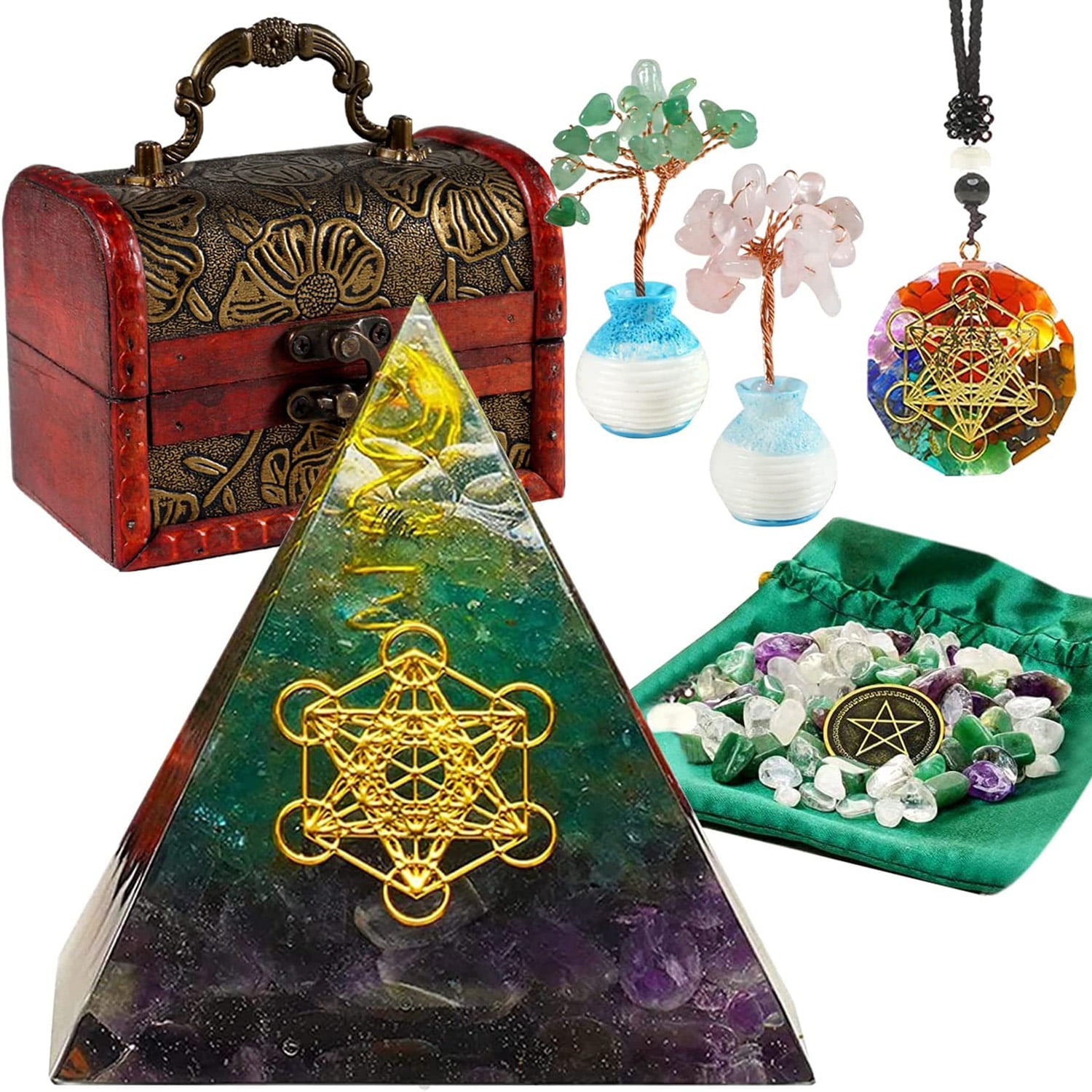
Happiness, that elusive yet cherished emotion, is a beacon that guides us through life’s journey. It’s a concept that has fascinated philosophers, psychologists, and ordinary individuals for centuries. But what is happiness, and what truly makes us happy? In this exploration, we delve deep into the multifaceted nature of happiness, examining its definitions, sources, and the pursuit of this ever-elusive state of well-being.
Defining Happiness
Semantics of Happiness
Browse our Affiliate Products
Happiness is a word we all know, but its meaning can be surprisingly complex. At its core, happiness represents a state of well-being and contentment, often accompanied by feelings of joy, satisfaction, and positivity. It’s a semantic kaleidoscope, encompassing a range of emotions from sheer delight to quiet contentment.
Philosophical Perspectives
Throughout history, philosophers have offered various perspectives on happiness. Hedonism, for instance, focuses on the pursuit of pleasure as the ultimate goal. Eudaimonia, on the other hand, emphasizes living in accordance with one’s true nature and potential. Meanwhile, some define happiness as life satisfaction, a broader and more enduring sense of well-being.
Subjectivity of Happiness
Perhaps one of the most striking aspects of happiness is its subjectivity. What brings joy and fulfillment to one person may not have the same effect on another. Personal experiences, values, and cultural backgrounds play a significant role in shaping individual perceptions of happiness. In essence, happiness is a highly individualized and personal concept.
Personal Perspectives on Happiness
The Happiness Spectrum
Ask a dozen people to define happiness, and you’ll likely receive a dozen different answers. Personal definitions of happiness can vary widely, ranging from inner peace and fulfillment to simple positivity and contentment. Each person’s unique perspective creates a vibrant spectrum of happiness experiences.
The Role of Culture
Cultural context also plays a pivotal role in shaping how we define and pursue happiness. Cultural values and norms influence our expectations, priorities, and pathways to happiness. What may be considered a source of joy in one culture could differ greatly from another.
Shifting Definitions Over Time
Happiness is not static; it evolves with us. As we move through life’s stages and encounter various experiences, our definitions of happiness may shift. What brought us joy in our youth might not hold the same allure in our middle age or later years. Our evolving definitions mirror our personal growth and maturation.
What Makes You Happy?

The Pursuit of Happiness
The pursuit of happiness is a timeless endeavor. But what truly brings us joy and fulfillment? Let’s explore some of the common sources of happiness:
Material vs. Experiential Happiness
The material possessions we accumulate can provide moments of pleasure, but lasting happiness often springs from experiential pursuits. Engaging in meaningful experiences, such as travel, adventures, or quality time with loved ones, can create deep and lasting joy.
Relationships and Social Connections
Human beings are inherently social creatures, and our relationships play a vital role in our happiness. The bonds we form with family, friends, and community members provide emotional support, a sense of belonging, and opportunities for shared joy.
Self-Expression and Creativity
Many find happiness in creative self-expression. Whether it’s through art, music, writing, or other creative outlets, the act of bringing something unique into the world can be profoundly fulfilling.
Personal Growth and Achievement
Setting and achieving personal goals can be a powerful source of happiness. The sense of accomplishment and progress can boost self-esteem and overall well-being.
Gratitude and Mindfulness
Practices like gratitude and mindfulness can shift our focus toward the positive aspects of life. By appreciating the present moment and acknowledging our blessings, we can cultivate happiness in our daily lives.
Questions to Ask Yourself About What Makes You Happy
Here are 50 questions to ask yourself about what makes you happy:
- What activities make time fly because you enjoy them so much?
- When do you feel the most content and at peace with yourself?
- What places in the world do you feel a deep sense of happiness and serenity?
- What hobbies or interests have you always wanted to pursue but haven’t?
- Who are the people in your life who bring you the most joy and positivity?
- What achievements or milestones in your life have brought you the most happiness?
- What books or movies have left a lasting impact on you and brought you happiness?
- What small daily rituals or routines make you feel happy and grounded?
- When do you feel the most creative and alive?
- What childhood activities or hobbies did you once love and might still enjoy today?
- What foods or meals bring you the most comfort and happiness?
- What aspects of nature make you feel a strong sense of happiness and awe?
- What acts of kindness or generosity have made you feel exceptionally happy?
- What moments or experiences have made you laugh uncontrollably?
- What music or songs have the power to instantly uplift your mood?
- What dreams or aspirations have you always wanted to pursue but haven’t?
- What personal qualities or characteristics do you appreciate most about yourself?
- What makes you feel proud and accomplished in your life?
- What self-care activities help you recharge and boost your overall happiness?
- What challenges or obstacles have you overcome that make you feel resilient and strong?
- What adventures or travels have left you with incredible memories and happiness?
- What life lessons have you learned that contribute to your happiness?
- What creative outlets or forms of expression make you feel the most joyful?
- What acts of gratitude and mindfulness enhance your daily happiness?
- What personal growth goals or self-improvement pursuits fulfill you the most?
- What qualities or actions in others inspire happiness and admiration in you?
- What childhood dreams or fantasies do you still hold dear and find happiness in?
- What moments of solitude or introspection bring you inner happiness and clarity?
- What achievements or milestones do you hope to reach in the future for lasting happiness?
- What historical figures or role models embody the type of happiness you aspire to?
- What positive affirmations or mantras resonate with you and boost your happiness?
- What acts of giving or service to others bring you a profound sense of happiness?
- What moments of laughter and connection with friends or family stand out to you?
- What cultural traditions or practices contribute to your sense of happiness?
- What personal quirks or unique qualities make you feel special and happy?
- What adventures or challenges do you want to embark on to find new happiness?
- What experiences have taught you about the importance of resilience and happiness?
- What moments of kindness and compassion have made you feel truly connected and happy?
- What activities or hobbies have the potential to become lifelong sources of happiness?
- What future plans or goals do you envision that bring excitement and happiness?
- What small daily acts of gratitude can you incorporate to boost your overall happiness?
- What dreams or desires have you put on hold but still yearn to achieve for happiness?
- What artistic expressions or creative outlets have the power to make you feel happy?
- What changes or adjustments in your life would contribute to lasting happiness?
- What wisdom or life lessons do you want to pass on to others for their happiness?
- What simple pleasures in life do you often overlook but bring you immense happiness?
- What qualities or characteristics in yourself do you want to cultivate for happiness?
- What moments of vulnerability and authenticity have led to profound happiness?
- What future adventures or explorations do you envision that will bring happiness?
- What practices of self-love and self-acceptance can you incorporate to nurture your happiness?
The Science of Happiness
Neurobiology and Psychology
Happiness isn’t merely a philosophical concept; it has a biological and psychological basis. When we experience joy, our brains release neurotransmitters like endorphins and dopamine, which contribute to our feelings of pleasure and reward. Positive psychology explores the science of well-being, seeking to understand the factors that contribute to happiness and human flourishing.
The Happiness Set Point
Research suggests that each of us has a baseline level of happiness, often referred to as the “happiness set point.” While external events and experiences can temporarily influence our happiness, we tend to return to our baseline over time. This insight underscores the importance of internal factors and habits in sustaining happiness.
Pursuing Lasting Happiness

Balancing Immediate Gratification and Long-Term Fulfillment
The pursuit of happiness involves finding a balance between immediate gratification and long-term fulfillment. While fleeting pleasures can bring joy, they may not sustain happiness over time. Instead, it’s essential to cultivate habits and practices that contribute to lasting well-being.
The Hedonic Treadmill
The concept of the “hedonic treadmill” reminds us that we can adapt to both positive and negative changes in our lives. In other words, the joy we derive from new experiences or possessions tends to fade as we become accustomed to them. Recognizing this phenomenon encourages us to seek deeper sources of happiness beyond the novelty of the moment.
Cultivating Happiness
Happiness is not a passive state; it’s something we can actively cultivate. By developing habits such as mindfulness, gratitude, and acts of kindness, we can foster a more enduring sense of well-being. These practices help us stay connected to the present moment, appreciate life’s blessings, and enhance our overall satisfaction.
Seeking Purpose and Meaning
While pleasure and positivity are essential aspects of happiness, lasting fulfillment often comes from a sense of purpose and meaning. Engaging in activities that align with our values and contribute to a greater good can lead to a more profound sense of happiness.
External Influences on Happiness
Environmental and Societal Factors
External factors can significantly impact our happiness. Socioeconomic status, for example, can influence access to resources and opportunities, which in turn affect our well-being. Environmental well-being, including access to nature and sustainable living conditions, can also contribute to happiness. Additionally, strong social support systems, such as a sense of community and social safety nets, can promote happiness and resilience.
The Pursuit of Balance
Navigating Life’s Challenges
Life is not without its challenges, and happiness doesn’t mean the absence of adversity. Coping with adversity requires resilience and the development of effective coping strategies. Social support networks, personal strengths, and the ability to adapt play crucial roles in navigating life’s trials.
Embracing Imperfection
Another facet of happiness involves accepting imperfection, both in ourselves and in life. Embracing vulnerability and practicing self-compassion allow us to find happiness amid life’s inevitable imperfections. When we let go of unrealistic expectations and cultivate self-kindness, we create space for genuine well-being.
The Quest for Equilibrium
Balancing our pursuit of happiness with the demands of daily life is an ongoing endeavor. Finding work-life balance, identifying our priorities, and managing stress are essential components of this equilibrium. Striking a balance allows us to enjoy life’s pleasures while maintaining our overall well-being.
Final Thoughts
Happiness is a complex and deeply personal concept. It defies easy definition and exists in myriad forms,
each as unique as the individuals who experience it. As we journey through life, our understanding of happiness evolves, reflecting our changing perspectives, experiences, and personal growth.
The pursuit of happiness is a lifelong journey, one that requires self-awareness, mindfulness, and an openness to evolving definitions of joy and fulfillment. While external factors can influence our happiness, its essence lies in our internal practices, habits, and the choices we make.
Ultimately, happiness is not a destination but a path—a path where we navigate the challenges, embrace the imperfections, and seek a harmonious balance that allows us to savor the joy in each moment. So, as we define and redefine happiness on our unique journeys, let us remember that happiness, in all its complexity, is a beautiful and ever-evolving quest.








